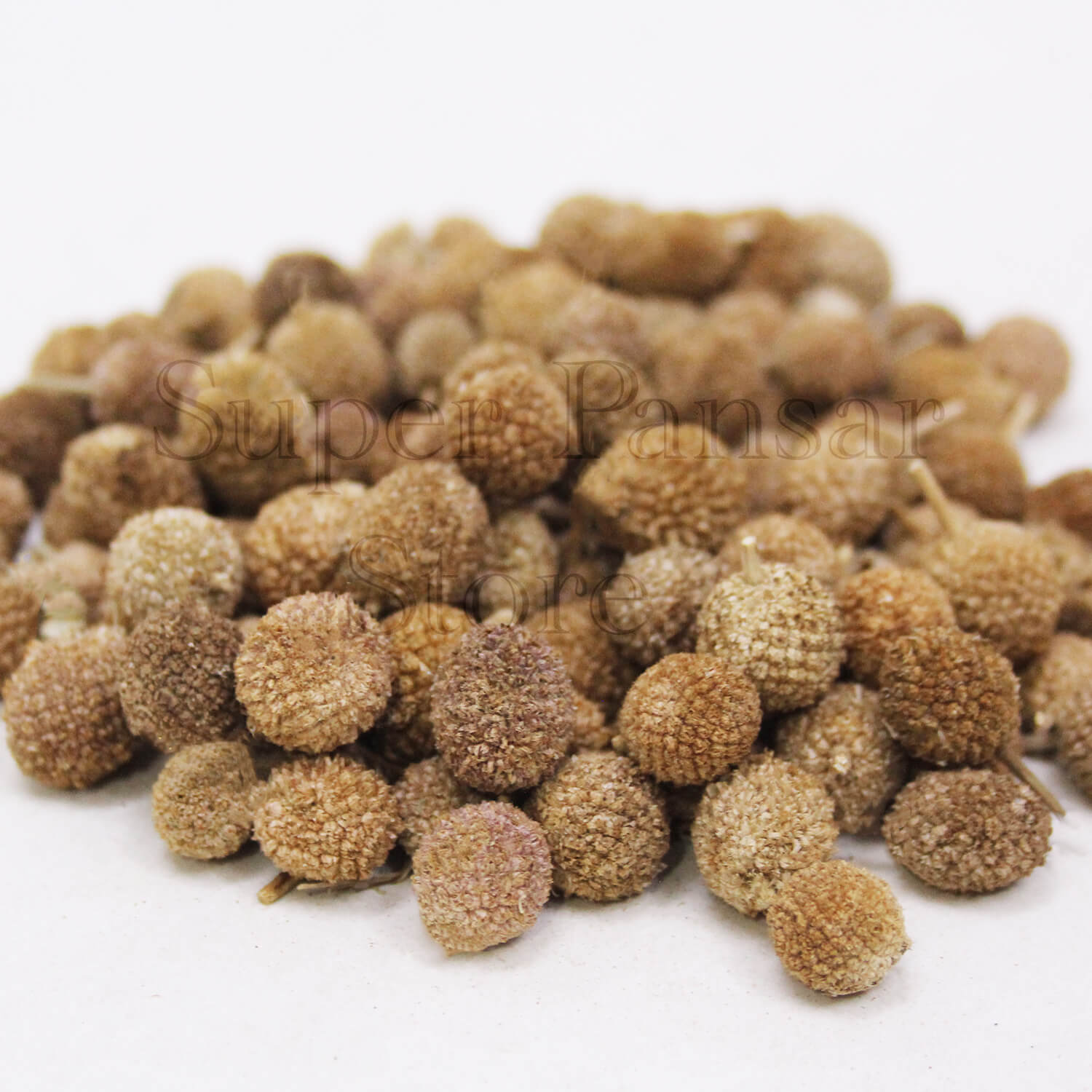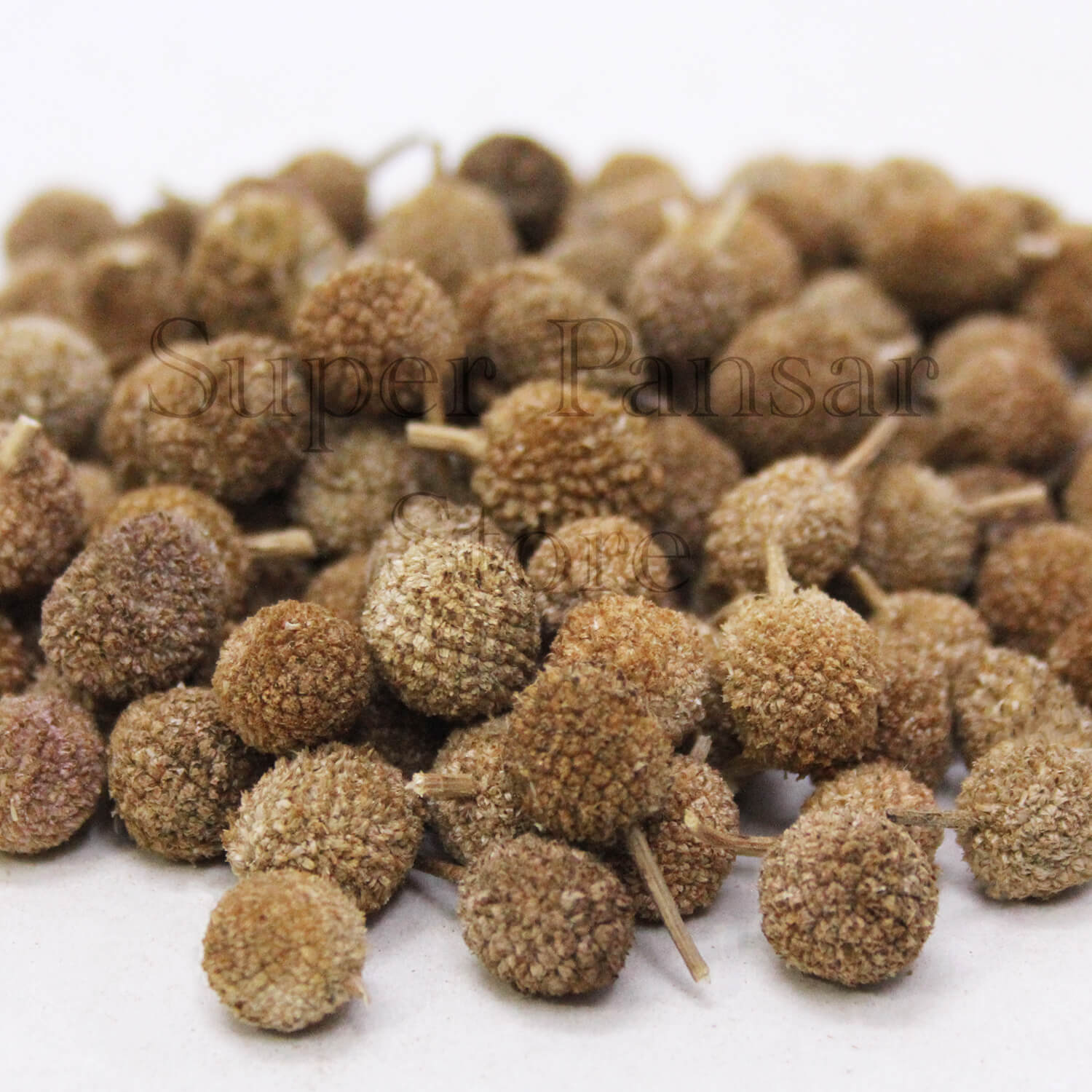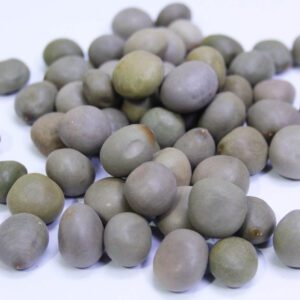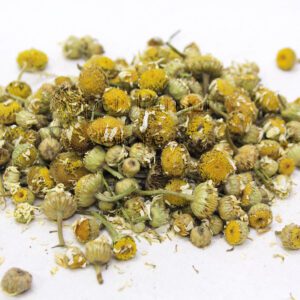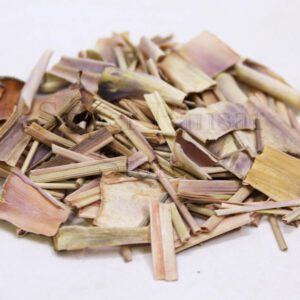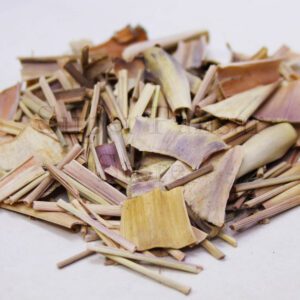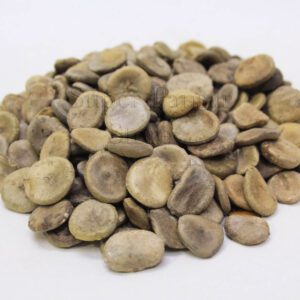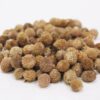Indian Globe Thistle (Mundi Boti/Sphaeranthus Indicus) منڈی بوٹی
₨ 100 – ₨ 1,250
Overview
The East Indian Globe Thistle, scientifically known as sphaeranthus indicus, is a flowering plant native to the Indian subcontinent and parts of Southeast Asia. Echinops echinatus is a perennial herbaceous plant that typically grows in sandy or rocky soils. It belongs to the Asteraceae family, which also includes sunflowers and daisies. The plant is characterized by its globe-shaped flower heads, which are composed of numerous small, densely packed flowers.The East Indian Globe Thistle has spiny leaves that are deeply lobed and silvery-green in color. The flower heads are typically bluish-purple in color, although they can sometimes appear white or pinkish. The plant blooms during the summer months, attracting pollinators such as bees and butterflies.
Benefits
Anti-inflammatory Properties:
Sphaeranthus indicus is believed to possess anti-inflammatory properties, which may help reduce inflammation in the body. It is traditionally used to alleviate symptoms of inflammatory conditions such as arthritis, rheumatism, and skin disorders.
Antioxidant Activity:
The plant contains bioactive compounds such as flavonoids, alkaloids, and phenolic compounds, which exhibit antioxidant properties. These antioxidants help neutralize free radicals, reduce oxidative stress, and protect cells from damage caused by reactive oxygen species.
Antimicrobial Effects:
Sphaeranthus indicus has shown antimicrobial activity against various pathogens, including bacteria, fungi, and parasites. It may help inhibit the growth of harmful microorganisms and prevent infections.
Hepatoprotective Effects:
In traditional medicine, Sphaeranthus indicus is used to support liver health and promote detoxification. It may help protect the liver from damage caused by toxins and oxidative stress.
Digestive Health:
Sphaeranthus indicus is believed to aid digestion and improve gastrointestinal function. It may help relieve symptoms of indigestion, bloating, gas, and constipation.
Anti-diabetic Properties:
Some studies suggest that Sphaeranthus indicus may have hypoglycemic effects, meaning it may help lower blood sugar levels. It may be beneficial for individuals with diabetes or those at risk of developing the condition.
Neuroprotective Effects:
Sphaeranthus indicus may have neuroprotective properties, which could potentially help protect against neurodegenerative diseases such as Alzheimer’s and Parkinson’s disease. However, more studies are needed to confirm these effects.
Weight Management:
Sphaeranthus indicus extract has been investigated for its potential role in weight management and obesity. Some studies suggest that it may help reduce body weight, waist circumference, and improve metabolic parameters. It is often used as an ingredient in weight loss supplements.
Skin Benefits:
Sphaeranthus indicus is used in skincare products for its purported benefits for the skin. It may help improve skin tone, reduce blemishes, and promote overall skin health.

